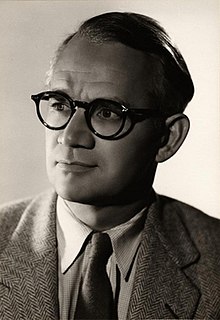A Quote by Nico Tortorella
If I have to be objectified in my twenties to be taken seriously in my thirties, I'm doing something right.
Related Quotes
My twenties were great. Who didn't have fun in their twenties? But my attention was more out there, more about the surface stuff and the cosmetic stuff. I was always thinking, 'What do I need to do?' Now in my thirties, it's, 'What do I want to do?' I've just become more solid with my own identity. So whoever wants to say their twenties are better... Yes, they're fun, especially at night - better parties, better cocktails... not better sex though. Absolutely not. And whoever says that is lying because sex in your thirties and beyond is f**king out of this world.
I think because I did become a well-known face in my thirties and not in my twenties, I was pretty settled in my boots and I knew who I was. And I think there's a sort of Scottish thing, too, where you don't take yourself too seriously, and you don't get carried away with your own sense of self-importance.
...academic credentials are neither a necessary nor a sufficient condition for having your ideas taken seriously. If a famous professor repeatedly says stupid things, then tries to claim he never said them, there's no rule against calling him a mendacious idiot - and no special qualifications required to make that pronouncement other than doing your own homework.Conversely, if someone without formal credentials consistently makes trenchant, insightful observations, he or she has earned the right to be taken seriously, regardless of background.




































